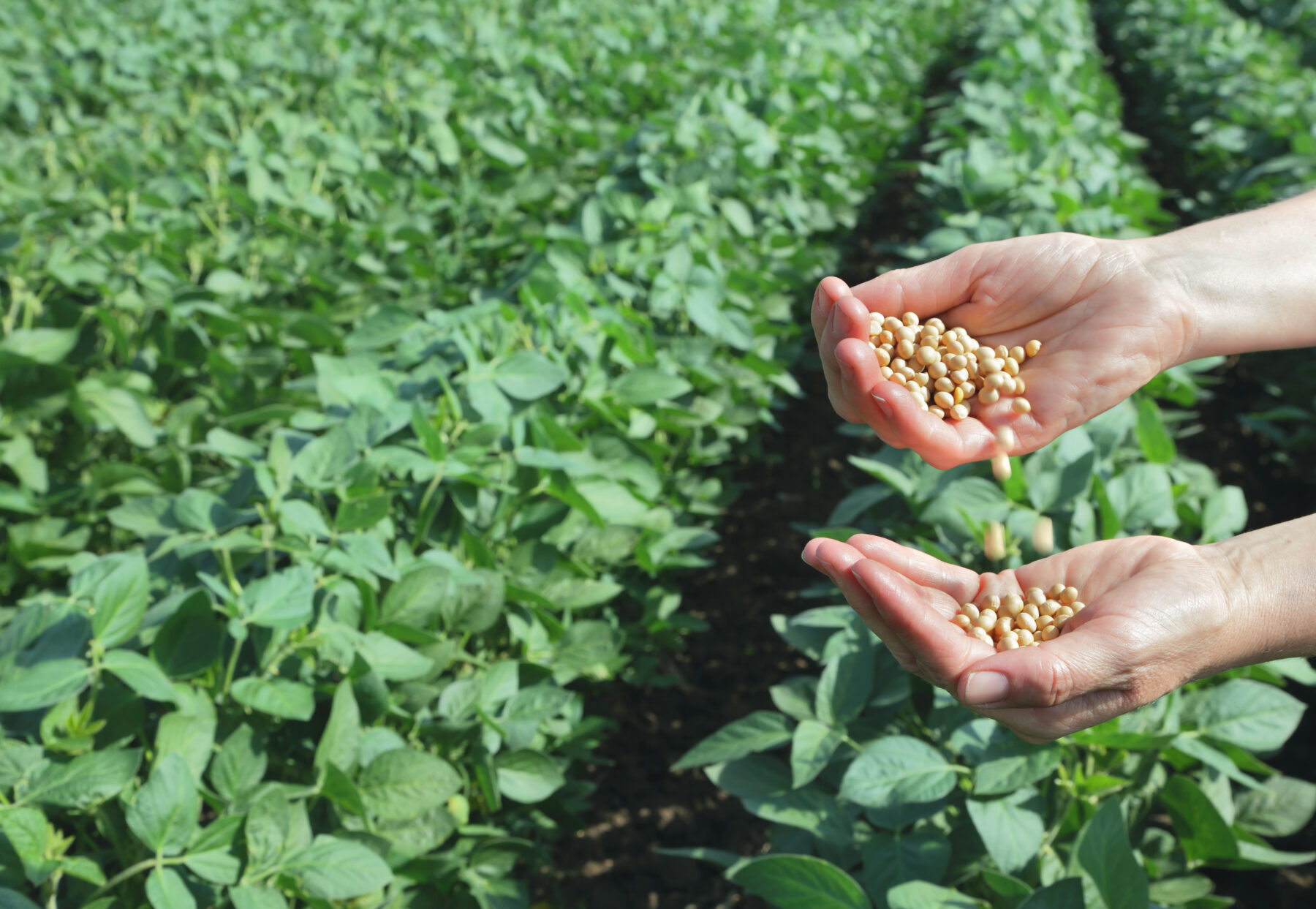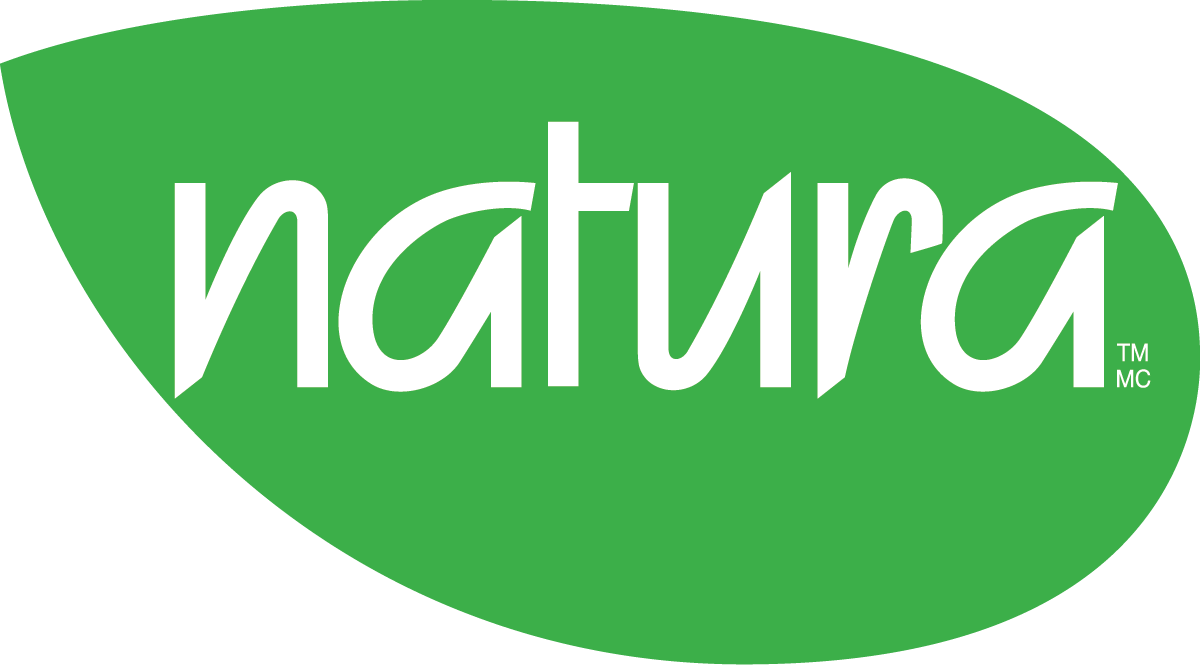Blog

5 Ideas for Using Oat Milk in Savory Recipes
If you've decided to skip cow's milk due to allergies, health reasons, or ethical views, you're probably familiar with the world of milk alternatives. Oat milk might have caught your attention, especially if you enjoy it in your morning cereal...
5 Simple Ways to Use Oat Milk in Your Everyday Meals
Ever notice how a simple change in your recipes can make your meals more interesting? That's exactly why we think oat milk deserves a place in your kitchen! Did you know there's a creamy texture and slight sweetness to oat...
Natura Plant-Based Beverages: Rich in Calcium and Vitamins, Just Like Cow’s Milk!
The hesitation among the public to switch from cow's milk to non-dairy milk often stems from concerns about nutritional adequacy. Cow's milk has long been regarded as a primary source of essential nutrients, including calcium, vitamin D, and protein, and...
The Link Between Plant-Based Milks and Emotional Well-Being
When we think about our diet, it's common to focus on the physical health benefits of what we eat and drink. However, it's important to remember that our dietary choices also significantly influence our emotional and mental well-being. At Natura, we believe...
Introducing Plant-Based Milks to Children’s Diets: The Benefits and Methods
As parents prioritize child nutrition, the integration of plant-based milks into children’s diets is gaining traction. Moving away from traditional cow's milk, Natura offers a range of plant-based alternatives that come with multiple benefits. This guide will help parents understand...
Best Plant-based Milks for Those With Nut or Soy Allergies and Sensitivities
With the growing preference for plant-based milks driven by health-conscious choices and environmental mindfulness, those with nut or soy allergies may often feel that their options are limited. Natura addresses this concern by offering a variety of safe alternatives that...
Is Oat Milk Better Than Almond Milk? The Great Plant-Based Debate
Plant-based milk substitutes have won the hearts of many, with oat milk and almond milk ranking as the most popular options. With so much variety, it can be difficult for consumers to choose the best alternative to cow's milk. Today,...
The Advantages of UHT Processing (Ultra-High-Temperature) in Plant-Based Milk Production
Plant-based milk has been a game-changer for many, especially with the growing trend towards veganism and healthy diets. As more and more people turn to almond, soy or oat milk, it's essential to ensure that these alternatives are equally safe,...
What Does “Lactose-Free” Really Mean?
Have you ever scratched your head at the grocery store, wondering what "lactose-free" really means? You're not alone. With so many labels and buzzwords thrown our way, it can be a maze out there! But here's the good news: we're...
The Pros and Cons of a Plant-Based Diet
In a world where sustainability and personal health are becoming top priorities, more and more people are turning to plant-based diets. It's about more than just eating veggies and grains; it's a shift that positively impacts the environment and our...
10 Creative Ways to Use Oat Milk
In search of a dairy-free choice that doesn't skimp on taste and slips effortlessly into your cooking? You should try oat milk! Oat milk has proven to be a versatile dairy substitute suitable for a myriad of recipes. Its appeal...
Your Guide to Non-Dairy, Plant-Based Milks
The plant-based dairy market in North America has experienced remarkable growth, becoming the largest category within plant-based products and accounting for approximately 10% of the total milk market. Sales reached $3 billion (USD) in 2020 and are projected to reach...
Natura’s Almond Beverages: A Healthy Milk Substitute
Natura has always been dedicated to bringing you wholesome products that are also environmentally friendly. In our pursuit to offer a healthier alternative to dairy products, we have developed a line of nutritious and delicious beverages with almonds as their...
Living Gluten-Free: The Natura Way
As the world increasingly embraces health-conscious choices, awareness about gluten-free living has seen a substantial rise. No longer a solitary journey, this path, chosen out of necessity or personal preference, has become a shared experience for many. As a company...
Natura Soy beverages: Where Nutrition, Sustainability, and Community Intersect
Native to East Asia, soybeans have been cultivated for over 3,000 years. Today, Natura, with an unwavering commitment to quality and health, has turned to the fertile lands of Quebec, Canada, for its supply. Nurtured by the region’s rich soil...
Natura’s Oats: Powering a Healthy Canada
Originally cultivated for livestock feed for thousands of years, oats have now become a popular staple food, found in kitchens across the globe. It was approximately 1,000 BC that oats were grown for human consumption. Due to longer growing seasons...



